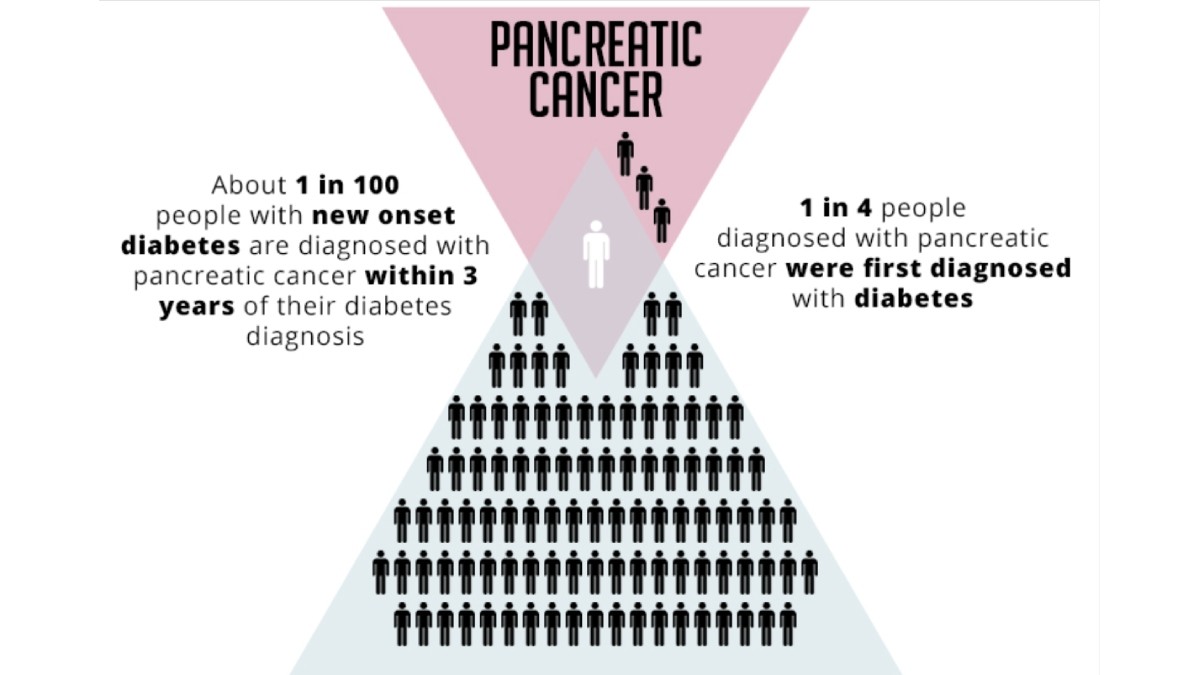The DEFEND PRIME Study
What we are doing
In this study, we will investigate whether it is possible to calculate a risk score for pancreatic cancer using anonymised health data from GP practices.
We will do this by undertaking:
- An audit of data, to investigate if the required data are available and where the gaps are.
- Descriptive analysis to summarise the extracted data.
- No individual practices or patients will be identified.
This project has been reviewed by the University of Surrey University Ethics Committee and has received a favourable ethical opinion (FHMS 22-23 151 EGA)
What will you do?
- You will be provided with instructions on how to perform a simple data extraction.
- Transfer the anonymised data to the study team using a secure transfer system.
- You will be paid for your time in performing the data extraction.
- You will receive support from the study team via telephone, online or in person to perform the extraction.
- Please watch the DEFEND PRIME study recruitment presentation video below to learn more.
Please participate!
How to participate
- If you are a GP practice within the UK, you are eligible to take part.
- Contact the study team if you would like to participate or if you have any queries - our contact details are below.
Contact us
If you would like to take part in the study or if you have any questions, please email the research team:
Hugh Claridge - h.claridge@surrey.ac.uk
Study recruitment presentation
In this presentation, Hugh Claridge describes the DEFEND PRIME study and what you as a GP practice will do if you decide to participate in the study.

Figure 1. shows that around 1 in 100 people with new onset diabetes are diagnosed with pancreatic cancer within 3 years of their diabetes diagnosis; 1 in 4 people diagnosed with pancreatic cancer were first diagnosed with diabetes.
This image was originally published by the National Cancer Institute as part of an article entitled 'Could a Diabetes Diagnosis Help Detect Pancreatic Cancer Early?', accessible here: https://www.cancer.gov/news-events/cancer-currents-blog/2021/pancreatic-cancer-diabetes-early-detection
Outputs
Report issue with study conduct
If you have a complaint or issue you would like to raise about study conduct, in the first instance please contact Dr Agnieszka Lemanska (a.lemanska@surrey.ac.uk) and in the second instance, the Director of Research Prof. Emma Ream (e.ream@surrey.ac.uk).